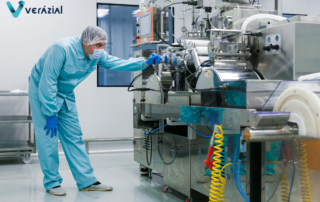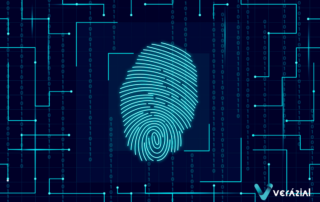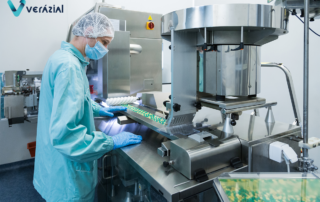The Role of Biometric Technologies in the Pharma 4.0 Model: Security and Regulatory Compliance
In the pharmaceutical industry, the signature of the responsible individual is essential for compliance with (GMP) regulations. However, traditional methods may pose security risks. In a Pharma 4.0 environment, biometrics provides a secure solution, ensuring data integrity and enhancing traceability for more precise regulatory compliance.











